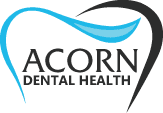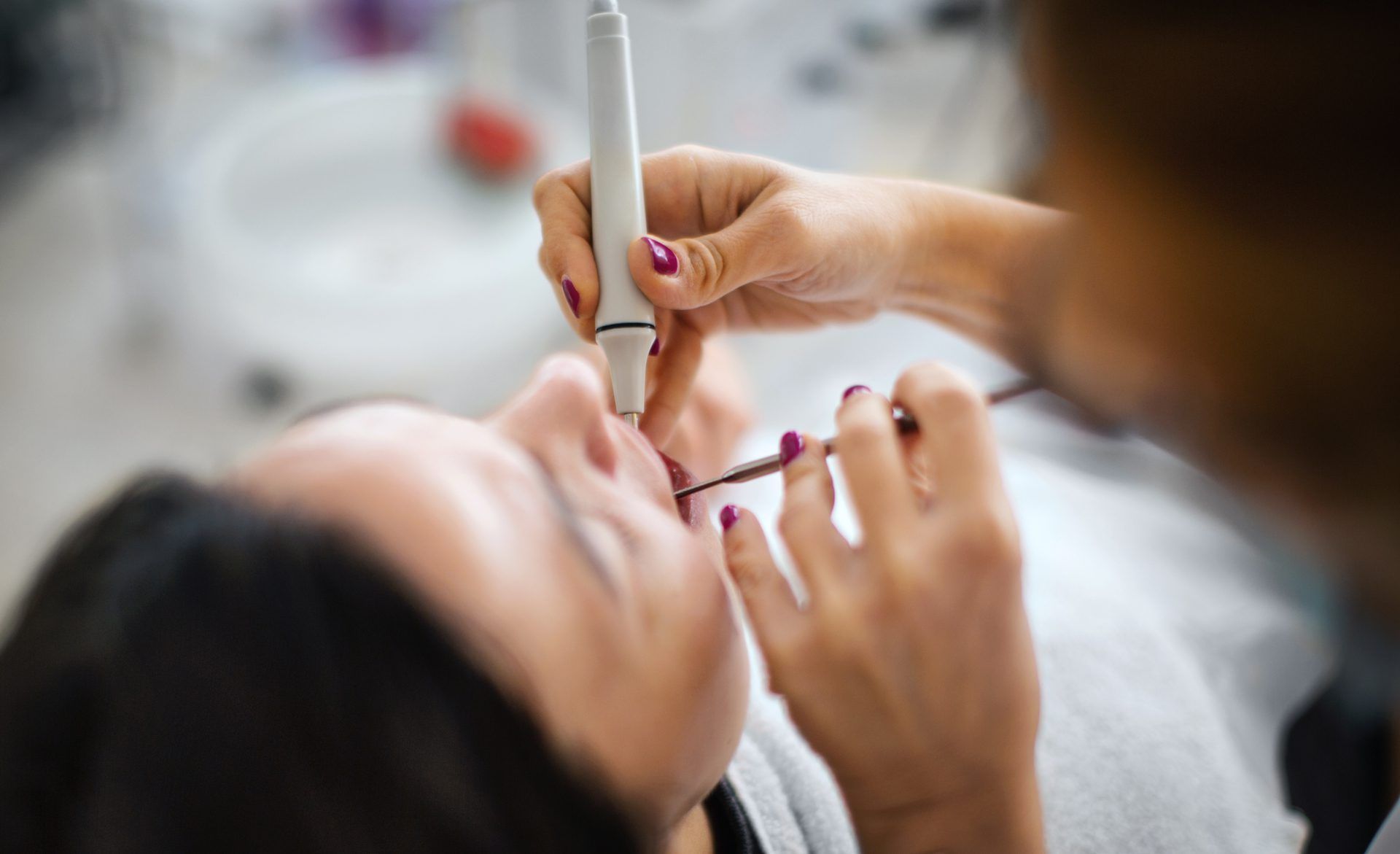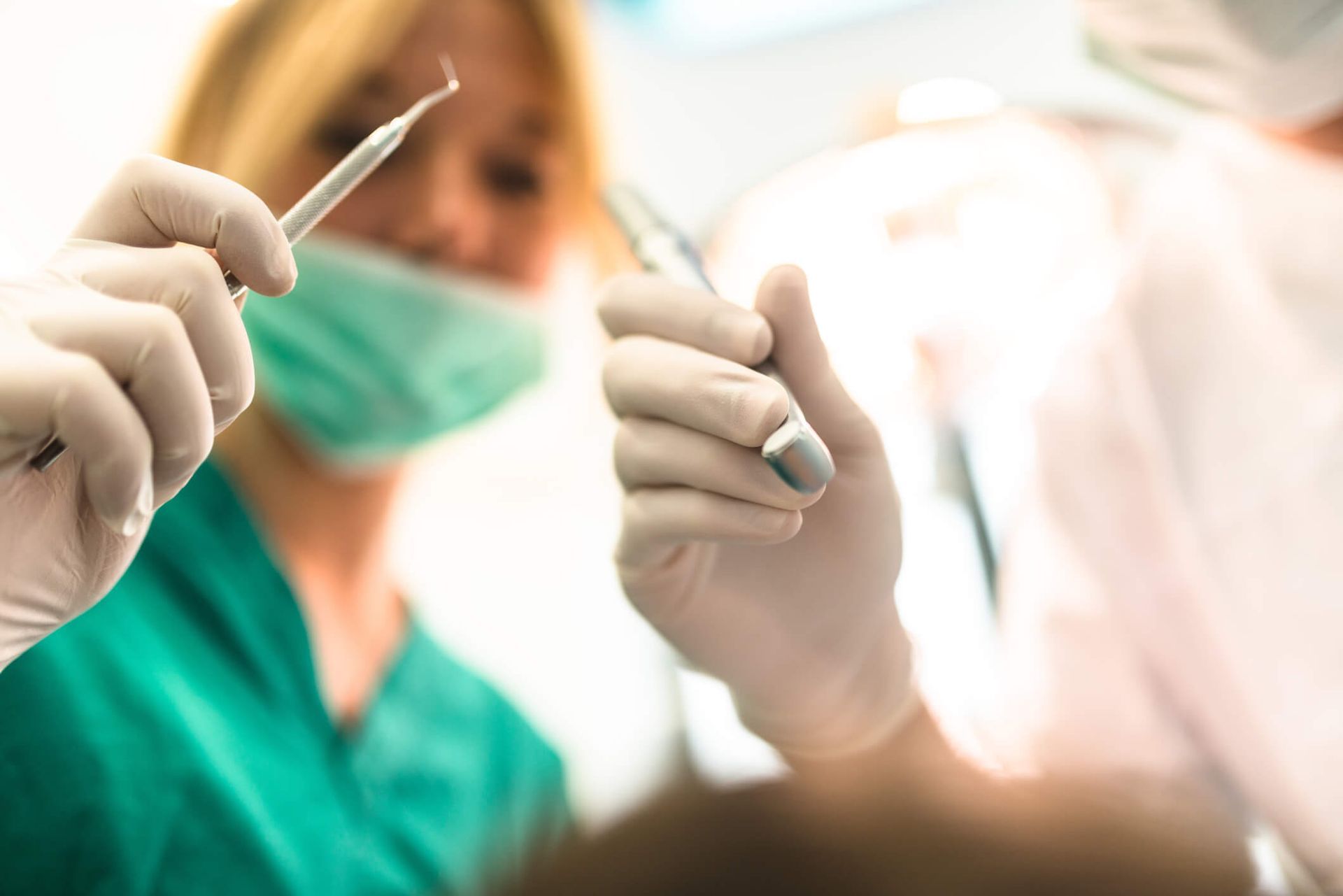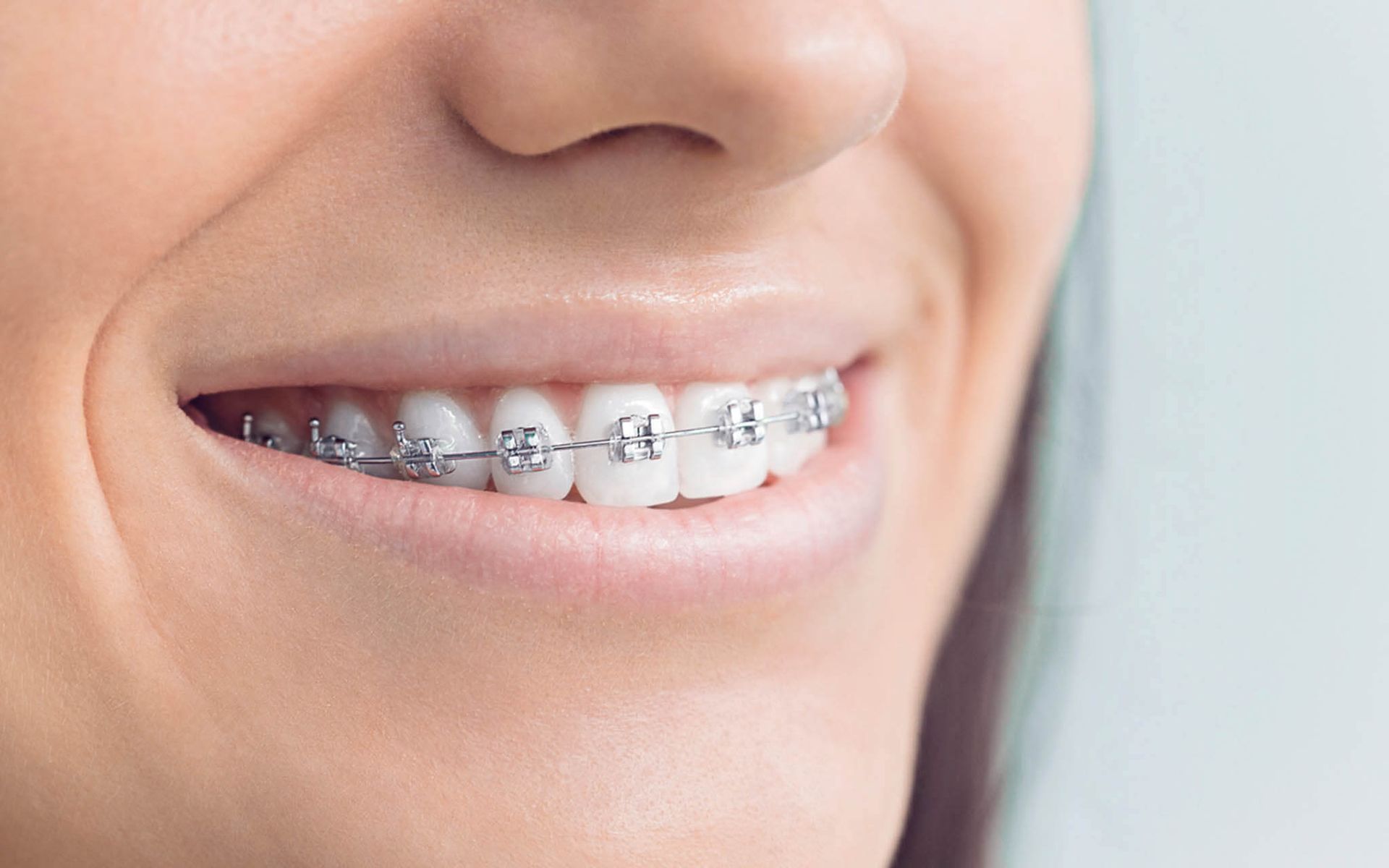10 Great Tips For Hygiene From a Dental Hygienist
For many, the dentist is a scary or inconvenient experience. However, you should be making sure you go for a regular checkup as problems can occur without you even realising it. Between appointments, there is plenty to do to keep your mouth in tip-top condition, meaning less stress and worry the next time your appointment rolls around.
If you’re someone who is trying their best to avoid a visit, here are 10 great tips for dental hygiene, direct from a dental hygienist!
1. Stop Smoking
If you’re a regular smoker, quitting can have a plethora of benefits on your oral health. The most obvious is the colour of your teeth. The tar and nicotine in cigarettes can cause discolouration of the teeth, making them turn yellow or stained and also making your breath smell bad. Brushing your teeth or using a specialist toothpaste can help restore your teeth to their former colour. Acorn Dental Health also offers teeth whitening services, allowing effective treatment to improve the appearance of your teeth. Smoking can also lead to oral cancer, so quitting will significantly reduce the risk of this. Stopping smoking will also help reduce the risk of gum disease. Tobacco smoking reduces the blood flow to the teeth and gums, leaving you more susceptible to disease. Any form of gum disease will progress faster in a smoker than in a non-smoker and will usually be hidden. It can affect the bone structure that supports your teeth, causing them to become wobbly and possibly fall out.
2. Sugary Drinks and Alcohol
Everyone knows that sugary drinks are not good for your teeth. They can cause harmful bacteria in your mouth to produce acid that erodes teeth, leading to cavities and other issues. Juice is a beverage that is often seen as healthy but contains just as much sugar as a soft drink. Consider switching up your juice with squash instead. If you drink a lot of energy drinks for caffeine, drink unsweetened tea instead for the same benefits. It is not talked about as often but alcohol is also usually high in sugar and acids, which break down the enamel that protects your teeth. This can lead to tooth decay and cavities. When drinking, some people forget to brush their teeth before bed. This poor oral hygiene practice can increase the risk of cavities and infection. Alcohol also damages the soft tissue in the mouth, increasing the risk of gum disease.
3. Use a Straw
A quick and easy way to protect your teeth is to drink beverages with a straw. By using one, you’ll have less harmful drinks splashing against them and causing damage, instead bypassing your teeth entirely. You might want to invest in some metal or reusable straws that you can take with you on the go, meaning you don’t have to shy away from ordering a drink with a lot of sugar by minimising tooth contact while drinking. This will also help save the environment as well as your dental hygiene! If you have sensitive teeth, a straw is a great method to combat this. They can also reduce stains on your teeth, caused by coffee or tea. It might seem weird drinking a hot drink through a straw, but iced versions of these drinks can be drunk in this manner, so why not a hot one?
4. Brushing & Flossing
It is recommended you brush your teeth twice a day for two minutes at a time. At its most basic, brushing your teeth can help remove any food waste that has clung to your teeth. Flossing can help to remove debris in areas where a toothbrush cannot reach. Brushing and flossing also remove plaque from your teeth. This plaque can produce acids that will break down tooth enamel, resulting in cavities. Plaque can become tartar if left to harden, which can lead to inflammation and gum disease. Tartar is hard to remove by yourself, often needing professional cleaning. So by brushing and flossing regularly, you can prevent the issue from progressing to this point. They also help to combat bad breath, removing food that is trapped between your teeth and beginning to decay.
5. Brushing Technique
Of course, brushing twice a day for two minutes means nothing if you are not using a proper brushing technique. If you just wildly brush around you’re likely to be focusing on some areas more than others and could even be skipping parts of your teeth entirely. Make sure you’re not brushing too hard, as this can damage enamel and lead to tooth sensitivity. There are three conventional methods to consider when brushing your teeth. The Bass method involves scrubbing off plaque in a circular motion to help prevent build-ups, starting with the outside surface then cleaning the backside. The Stillman technique is very similar, however, instead of circles, you use short horizontal strokes. The Charter technique is recommended if you have gaps between your teeth and uses short circular strokes on each tooth.
6. Hard Fruit
Turns out there’s some truth behind an apple a day keeps the doctor away! Eating fresh apples, pears or other hard fibrous food can actually help clean your teeth and increase salivation. More saliva can help neutralise harmful acids that may be left behind in your mouth from other food. Chewing fibrous textures helps stimulate your gums, further reducing cavity-causing bacteria. Many fruits contain a ton of healthy vitamins that help protect your gums.
7. A New Toothbrush
You should replace your toothbrush every 3 or 4 months. This is because old brushes don’t clean as thoroughly and can start to harbour bacteria. So make sure you’re regularly changing your toothbrush to keep your teeth as clean as possible. You could invest in an electric toothbrush, to help you get a dentist clean feel at home. Many electric toothbrushes come with a timer, so you know exactly how long to spend on each area of your mouth when brushing, ensuring you’re covering all areas for the same amount of time.
8. Stay Hydrated
It may seem obvious but drinking plenty of water is good for your dental hygiene as it keeps your mouth clean. Loose debris in your mouth can be washed away with a good swig of water, and any acid in your mouth can be diluted by it. Plaque can begin to build up in a dry mouth, so drinking plenty of water ensures you are producing the correct amount of saliva to combat this.
9. Non-Alcoholic Mouthwash
Mouthwash is a great way to freshen your breath ready for the day ahead. But it also has great benefits for your dental hygiene. It can help prevent cavities, as well as fight tooth decay and reduce plaque. It should always be used to supplement brushing and flossing, not instead of them, to add a great finish to your daily dental routine. Most mouthwashes contain fluoride, which supports the remineralisation of your teeth. Try to stay away from mouthwashes containing alcohol, as it can lead to an increased risk of developing oral cancer. Instead, stick to a reliable brand to get the full effects of mouthwashes benefits.
10. Regular Dental Clinic Visits
The health of your teeth and gums is very important so you should get them looked at with a regular check-up. A check-up has many benefits, such as being able to catch any problems early. A dentist can spot the signs of decay and gum disease that you won’t be able to spot at home, preventing these from spiralling into serious health problems.
You will also receive a high-quality cleaning that will remove plaque and tartar. Tartar is very hard to remove without special tools, so a dentist visit is essential to clear this. You can get advice straight from a professional, whether it’s brushing techniques or what foods you should be avoiding. They can show you what areas you’re neglecting while cleaning and how to fix dangerous habits that affect your teeth.
Acorn Dental Health: Providing Effective Dental Hygiene Treatments
Here at Acorn Dental Health, we can provide a range of services for all your dentistry needs. Come in for a simple checkup or a range of dental treatments, including teeth whitening, dentures or facial aesthetics. Give us a call on 01489 782 166 to talk to one of our friendly staff to find out how our dental practice can help you with your dental hygiene.
We have been providing local dentists to the Southampton area for the last 60 years. Contact us now to get registered and book your next appointment or treatment. The NHS recommends a checkup every six months, so head on down today!










